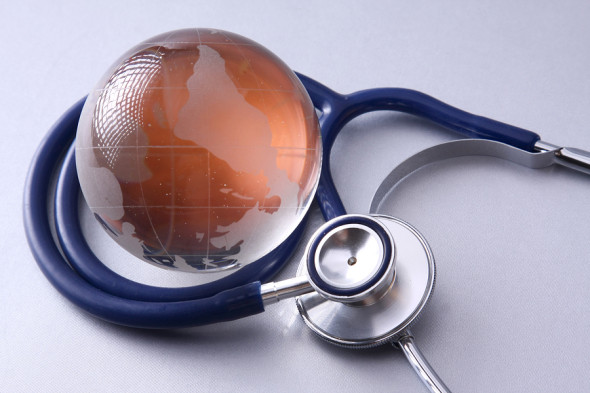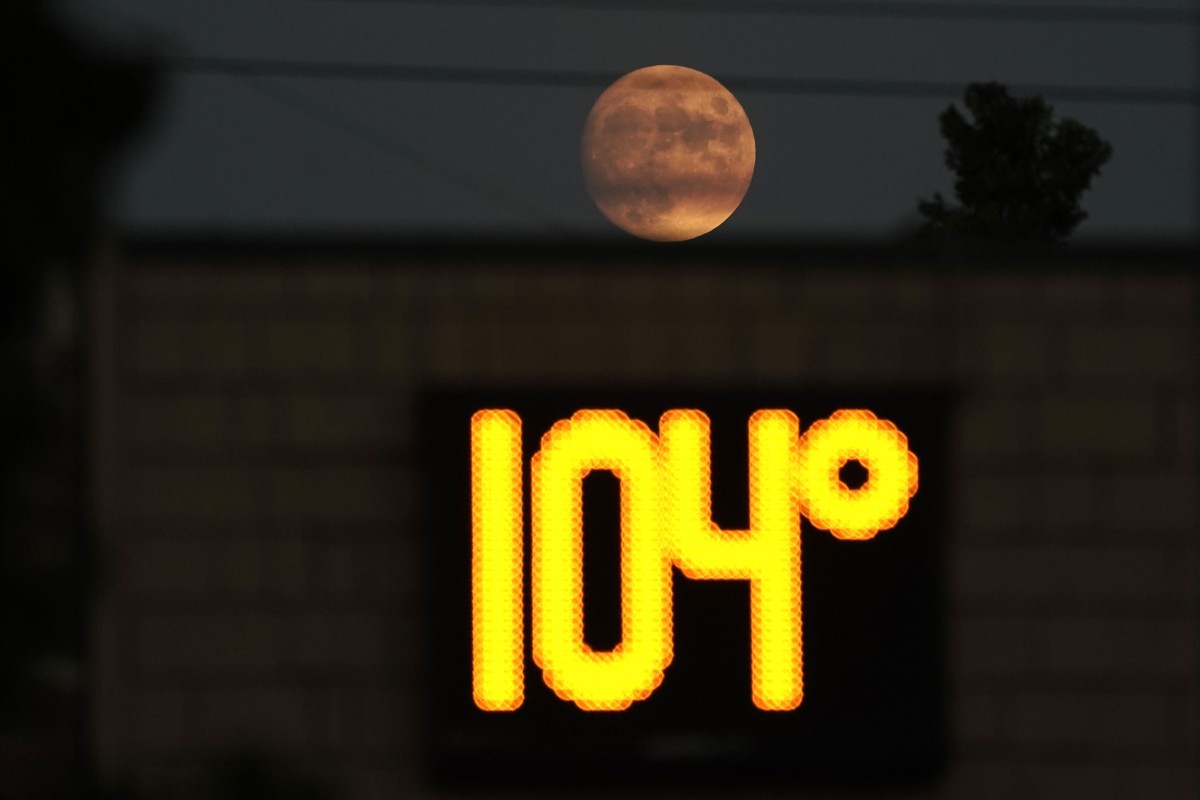The climate and ecological crisis is one of the greatest challenges humanity has ever faced. If the world fails to address it, and over the rest of this century we continue to burn fossil fuels and pump even more carbon dioxide into the atmosphere, we’ll face catastrophe. On this much, almost all governments agree (with some notable exceptions such as the US).
Even the world’s largest oil and gas companies now acknowledge that their products are behind the alarming increase in global temperatures and that we will have to transition to alternative fuels. Eventually.
In some oil and gas firms’ net zero policies you will often see the word “eventually” or its equivalent used. Yes, they accept that the age of fossil fuels will be over, but they don’t give any end date. In fact, with continued expansion of new oil and gas fields they appear to give every indication of continuing to be fossil fuel companies for the foreseeable future.

Get your news from actual experts, straight to your inbox. Sign up to our daily newsletter to receive all The Conversation UK’s latest coverage of news and research, from politics and business to the arts and sciences.
Will such firms actually phase out coal, oil and gas at the rate required to avoid dangerous climate change? How quickly does that now have to happen? Immediately.
At current rates of emissions, the window to have a 50:50 chance of limiting warming to 1.5°C will close in as little as six years. Given that global emissions are not stabilising but in fact going up, we are in the process of overshooting 1.5°C and heading deep into dangerous climate change territory.
Does that mean it’s game over, that the climate catastrophes we fear will come to pass? Thinking about these sorts of systemic risks form the basis of much of my current research. This includes some pretty alarming analysis on how societies can react to challenges such as climate change in ways that can make the situation much worse.
But herein lies a potentially powerful source of hope for the future because what we do as individuals and members of communities and countries will make all the difference. That’s what was on my mind when I started working on a new climate change documentary with filmmaker Paul Maple.

Radical reductions
Our new film System Update: Rebooting Our Future argues that, while we may have run out of time to avoid dangerous climate change, we are now only beginning to see how we can not just avoid further environmental damage but make a much better world for all of humanity. To do that, we must go beyond the incremental and timid policies of today. We need to be radical and dig into the drivers of climate change.
Take economic growth, for example. You will not find a political party in power in any industrialised nation that does not have continued economic growth as one of its core objectives. Economic performance is often the main way politicians are judged. That’s why threats of a recession lead news reports.
In System Update, I ask what is this economic growth for, if it continues to drive expanded energy and material consumption and drive us further towards climate and ecological collapse?
If our economic and political systems cannot deliver radical emissions reductions in a sustainable and fair way, then they need to be rebooted. Rather than policies being orientated towards maximising economic growth, we can instead question how the current goods and services an economy produces are used.
How can local communities be empowered to make themselves more resilient to climate change while reducing their emissions? Where can citizen assemblies strengthen our democracies and help foster the wider support for ambitious climate action? These assemblies work by recruiting a representative cross section of society who hear from a range of climate experts, and then work together to provide policy recommendations.
I put such questions to an amazing group of activists, academics and policymakers. We quickly discovered from economic anthropologist Jason Hickel that there is no end of new thinking about economics.
Lawyer and key architect of the Paris agreement Farhana Yamin recounted the epic battle that she and others have been waging with politicians to get them to understand and act on some of the fundamental truths of climate change. Researcher and strategist Laurie Laybourn spoke of the need for leaders to understand how this gathering storm of climate change demands new mindsets.
Climate change adaptation expert Kathryn Brown made the case for a rapid increase in efforts to protect communities from environmental change, while climate historian Alice Bell put today’s debates into the wider context. Climate campaigner Max Wakefield and climate justice activist Dylan Hamilton connected the big picture elements of the climate crisis to both everyday actions like what you buy and how to you travel, to deeper engagement with politics.
It’s easy to feel overwhelmed about the scale of climate change. There is a constant stream of bad news about rising temperatures and extreme weather. What I hope System Update shows is that there is no end of ideas for how such an outcome could be averted, and how you could put them into practice.
We will win. The age of fossil fuels is ending. The question now is, how fast do you want to make that happen?

Don’t have time to read about climate change as much as you’d like?
Get a weekly roundup in your inbox instead. Every Wednesday, The Conversation’s environment editor writes Imagine, a short email that goes a little deeper into just one climate issue. Join the 45,000+ readers who’ve subscribed so far.









 English (US) ·
English (US) ·